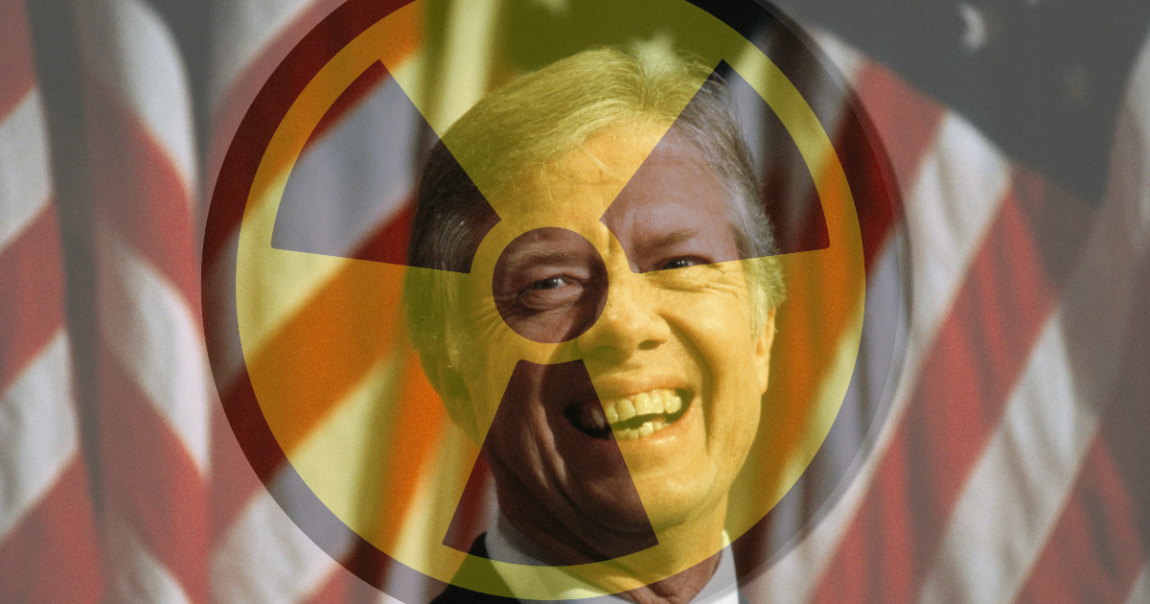
Under-Reacting
As his national funeral unfolds, you’ve probably heard tales of the good deeds of former president Jimmy Carter.
One story that’s gotten surprisingly little attention, though: nearly three-quarters of a century ago, a youthful Carter was brought in during the world’s first nuclear reactor meltdown to lead a toxic cleanup crew, where he led the charge into the hazardous scene.
As Fox 5 Atlanta recounts, the Georgia-born late president — who died on December 29 at the ripe old age of 100 — was just 28 years old when he was brought in to help clean up nuclear waste at an NRX research reactor in Chalk River, Canada.
During a cold December day in 1952, the reactor located just a few hours away from the Canadian capital of Ottawa suffered a partial meltdown when some of its fuel rods burst, Fox 5 notes. As a result, more than a million gallons of radioactive water flooded to the facility’s basement — and somebody with expertise was needed to clean it up.
As it turned out, Carter was the man for the job.
Bottom of Everything
After working as a Naval submarine officer, the young military man had just begun his tenure at the US Atomic Energy Commission when the meltdown occurred. As he told CNN back in 2011, Carter was at the time “one of the few people in the world who had clearance to go into a nuclear power plant.”
Carter and a team of 22 men were sent in to do the cleanup, and the officer who’d grown up on a peanut farm outside of Atlanta was himself lowered into the depths of the Canadian reactor.
Despite the danger, the late president told CNN‘s Arthur Milnes that the incident was “a very exciting time for me.”
Still, exposure to the waste had lasting effects on Carter.
“We were fairly well instructed then on what nuclear power was, but for about six months after that I had radioactivity in my urine,” he told CNN. “They let us get probably a thousand times more radiation than they would now. It was in the early stages, and they didn’t know.”
The cleanup was a success, and the Chalk River reactor was reopened two years later. Carter’s career in the military, however, ended less than a year after the incident in 1953, when he was honorably discharged from the Navy and began running his family’s peanut farm.
More on disasters: NASA’s Jet Propulsion Lab Evacuated as Los Angeles Burns